782a72d1-f0e3-45cd-8edf-141cfd2e1c6c.jpg)
Amid the fifth anniversary of the Shanghai Free Trade Zone, new economic zones are proliferating in China's critical productivity centers. Despite trade wars, China is opening but on its own terms.
a2801fe7-d15a-4faa-833c-a05592a18af4.jpg)
As China plans to upgrade its Beidou navigation satellite system by 2020, it aims to provide global coverage, especially to countries along the Belt and Road.
44cfc522-53d5-4537-b4c5-02e8e98c9bf5.jpg)
With China's success in its poverty alleviation work over the past decade, other countries like Pakistan are looking to the learn from China's playbook.
5ed11ace-4bef-42bf-a1f4-0ebd2a24d8ad.jpg)
China has played a major role in APEC since it joined and is expected to be a strong voice against trade protectionism in the upcoming APEC Summit in Papua New Guinea.

As China continues to climb up the Global Innovation Index, what does a country need to nurture innovation?

An encouraging scenario is clearly emerging, showing a move towards deepening and strengthening Sino-African relations based on peace, cooperation, and mutual trust, that makes everyone a winner.

This essay illustrates why we can expect the 2nd half of 2018 and early 2019 to be the optimal economic time for the Trump administration to put trade pressure on China.

Xi Jinping's "The Governance of China" is a work important for people to understand China's current role in global affairs.
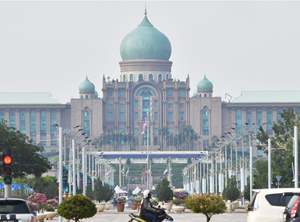
Ties have existed between the peoples of China and the Malay region for two millennia. Now, China and Malaysia are building an even stronger relationship suited to the times.
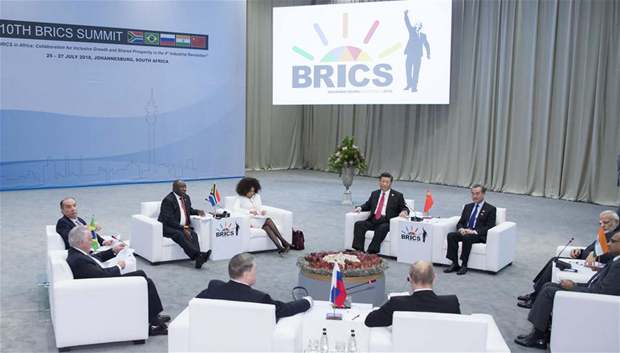
President Xi's trip to the UAE and Africa provided further evidence that China does not wish to be over-dependent on relations with the West.

While the manufacturing sector has a lot of room for further opening up, China should take precautions before opening its service sector wider.

With the trade war between China and the U.S. now in full swing, both countries are beginning to feel the effects, with many on both sides against the war in the first place.
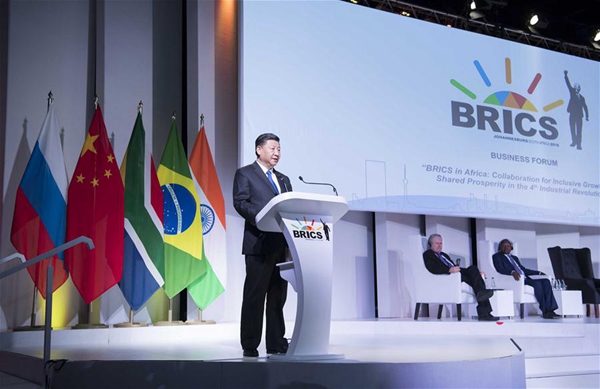
President Xi Jinping's recent visit to Africa provided a telling contrast of tactful diplomacy against the bluster and rudeness of Donald Trump in Europe. No doubt who won.
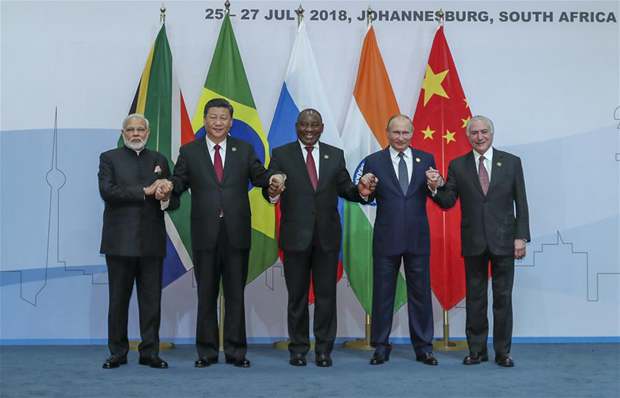
The tectonic shift in the world economic and political system has increased the weight of BRICS and other such outfits.
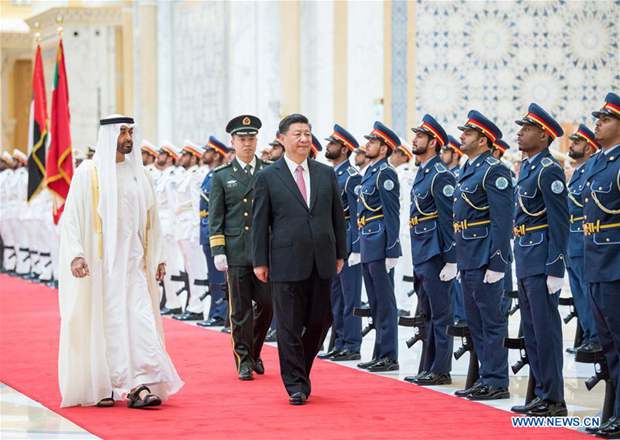
This year's multi-national BRICS meeting was significant as it represented the de-facto ascension of the BRICS Plus cooperation.

"Dying to Survive" has achieved a unique place in world film history by bringing practical help to cancer patients struggling to pay for the drugs they need to treat their life-threatening conditions.

China only once has qualified for the FIFA World Cup finals on the men's side, and that appearance in 2002 ended in total failure. Now, the prospects for Chinese football look much rosier.

The Chinese leader's ongoing tour of Africa and the Persian Gulf demonstrates the depth of China's strategic investment, trade, and foreign policy in the regions.

This essay demonstrates how the BRICS, and other developing countries, have a powerful interest in maintaining the global framework established by the WTO and opposing moves to protectionism.
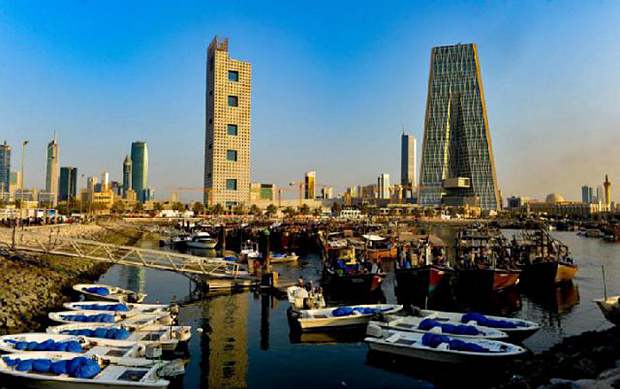
As China increases its infrastructure and investment in the Middle East, this relationship demonstrates the intersections of Arab countries' "eastward-looking" policies and China's "westward-looking" strategy.
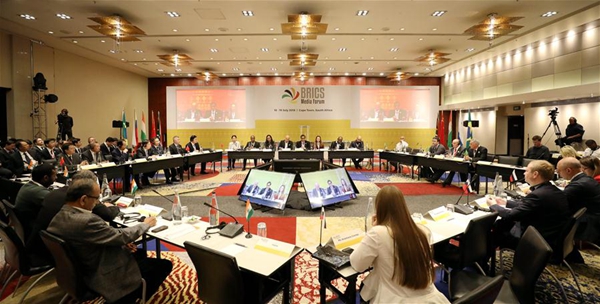
Having witnessed a successful BRICS summit in Xiamen last year, the five countries will meet again in South Africa to solidify their cooperation and promote globalization.
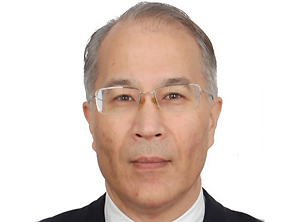
Today the world is experiencing new tensions, where developing and emerging countries seem to be drawing closer together as the developed nations pull further away.

Soft power, especially in the image a country's citizens create when they go abroad, should never be neglected, as China must learn this lesson.

Beijing favors compromising solutions and its stance is more constructive than that of Brussels because the latter seems to prefer to employ a reactive approach.

The Chinese model should inspire peaceful solutions for Turkey instead of zero-sum choices that might even lead to military accidents.

As a gateway to new consumer markets and lucrative investment options, the UAE has great potential and it could even be a future member of the Shanghai Cooperation Organization.

The recent 16+1 summit highlighted the significant investment opportunities for China in European infrastructure projects.
2755a3bf-9cd3-4cfa-a2d0-27c661d870fc.jpg)
Although IPR protection in China is far from flawless, the Chinese government has attached importance to the protection of IPR.
52205a7f-c551-4734-be18-099cc21749bf.jpg)
Nepalese Prime Minister Oli's recent visit to China saw the two nations reaffirm their commitment to cooperation and mutual support, reflecting Nepal's growing confidence on the global political and economic stage.

China's trade-weighted average import tariff rate had fallen to 4.4 percent in 2015, only 1.5 to 2 percentage points higher than those of developed economies such as the U.S. and the EU.
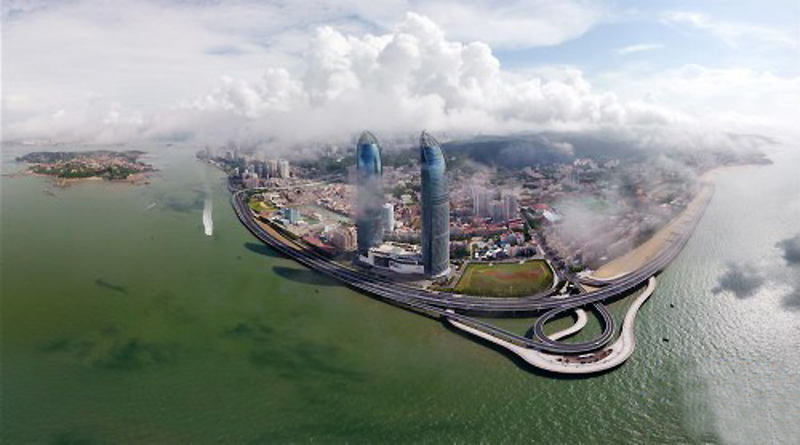
With huge achievements in developing and opening up made over the last 40 years, China has set an example of what is possible for other developing nations.
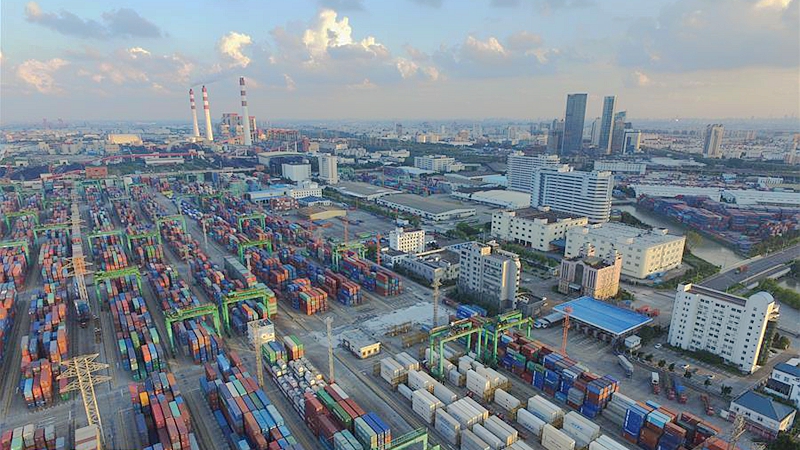
China's success story of the last 40 years shows that a country should have the right set of policies and efficient implementation mechanisms to meet deadlines.

Serving as a unique opportunity to highlight culture and cooperation, the first SCO film festival held in Qingdao was a smashing success.
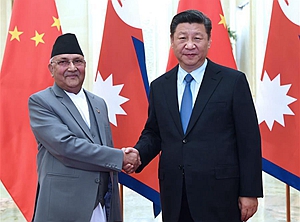
The leaders of two nations will bear friendly historical references in mind as they move to seize on new opportunities to take their bilateral bond to a new high.
ea8a959c-a83d-420d-a28b-624495ac2e99.jpg)
In the course of development, China will undoubtedly be confronted with various challenges, but we must not complain, knowing that with confidence and resolve we can achieve our goals.

If the SCO can utilize its weight in geopolitics, it will be a phenomenal change in providing stability in Asia, at a time when the Western economies are retracing back to protectionism and isolationism.

Looking back at the 40 years since China's reform and opening up policy was born, results are only part of the story; equally remarkable are the methods used to continually adapt and apply reforms.

Economic developments show China's emphasis on the development of the SCO is entirely realistic. The SCO is crucial not only for geopolitical and security reasons but also for the economic development of its member states.

Through forms, we are able to constantly transform and improve ourselves and our performance to create better lives.

India should abandon its preconceived view of the BRI when Prime Minister Modi meets President Xi in Qingdao this week.

Although China has made notable progress in ecological conservation, there is still a long way to go in terms of fighting pollution and conserving the environment.
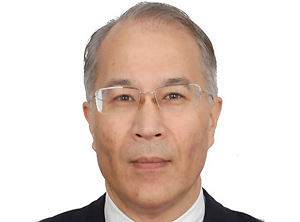
The SCO is just one part of a new picture that is emerging from the post-Cold War era. It appears to be a multilateral reality which will be an adjustment for some, but hopefully an opportunity for many.

With the Cold War long over and the Soviet Union gone, this refusal to study Marxism in terms of political and economic policy, not abstract philosophy, cannot be justified.
d8a687e9-891b-4cd7-b0a9-dba5c3fefd69.jpg)
On a global scale, China's socialist market economy is an ideal model for developing countries to emulate and offers an alternate solution.

German Chancellor Angela Merkel recently visited China as the two countries are looking for even more opportunities to increase their growing trade and investment.

Accepting China's invitation of membership in the Asian Infrastructure Investment Bank would benefit the U.S. in infrastructure and immigration issues.

The combination of market forces with the preservation of the socialist nature of the economy has yielded impressive results.

As President Xi said, Marxism is an open-ended scientific theory and has the ability to reinvent itself.
a4e3654f-e72c-4607-b9be-102f90ed9df1.jpg)
In the 1980 and '90s, China became a major world manufacturing hub, with thousands of foreign partners discovering lucrative export opportunities.
This year is the 40th anniversary of China's landmark economic reforms and opening-up which have not only changed the country in a fundamental way, but have also had a great impact on the whole world. India is a great country but it has a lot to learn from China's approach to economic reform and policy action.